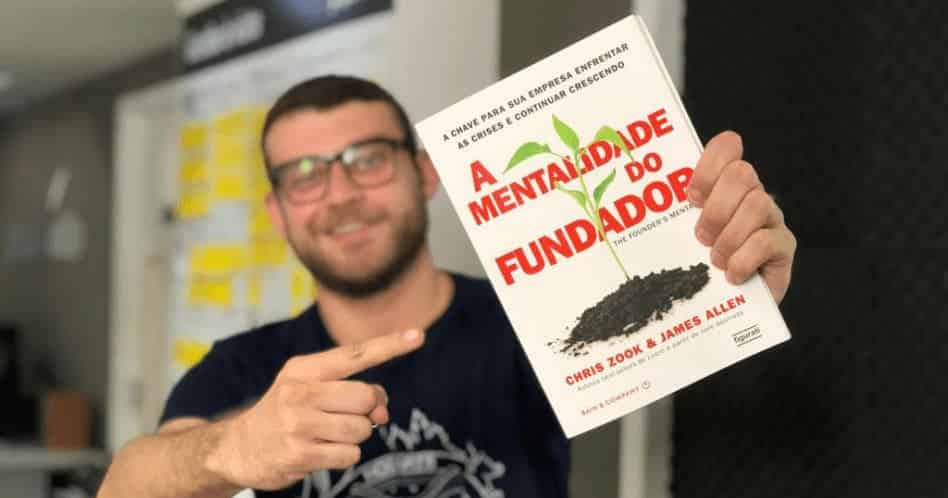
The Founder's Mentality - Chris Zook, James Allen
Fight crises and make your company prosper in difficult situations, building a strong and ambitious mind, worthy of a founder, restoring focus, speed, and connection with the customer.
Choose language:
